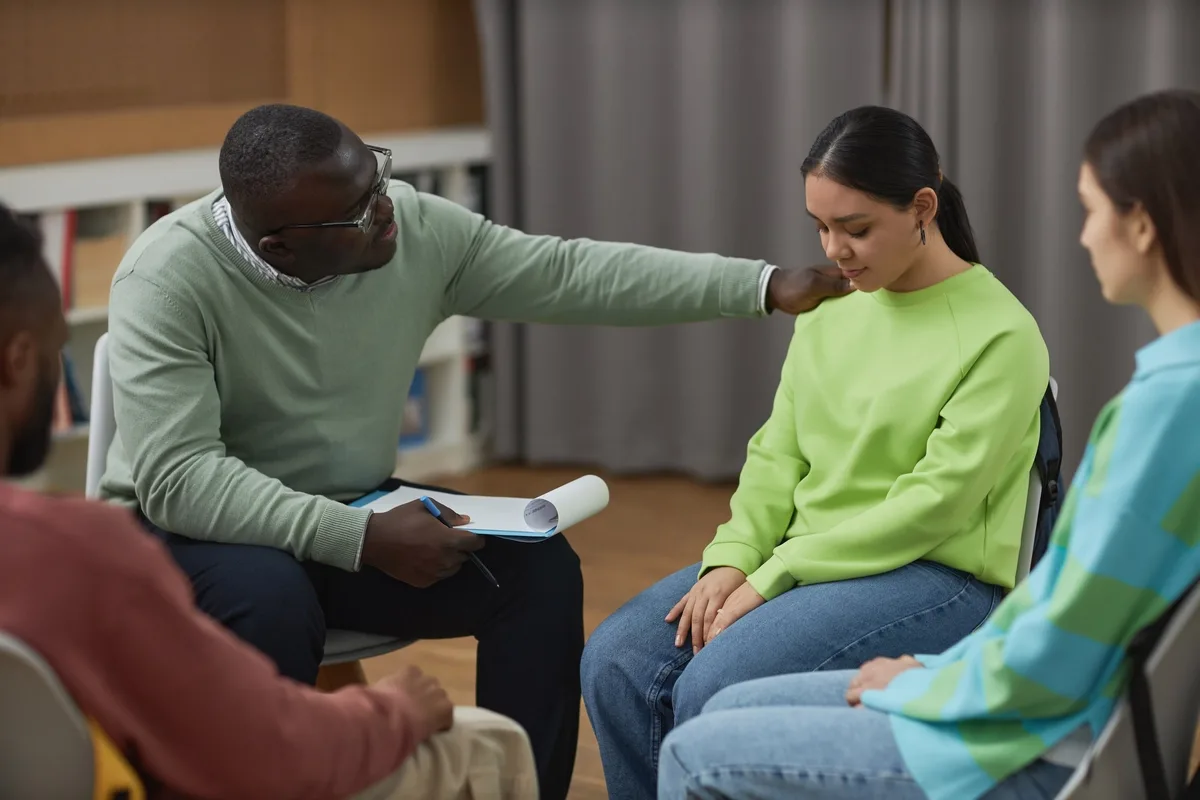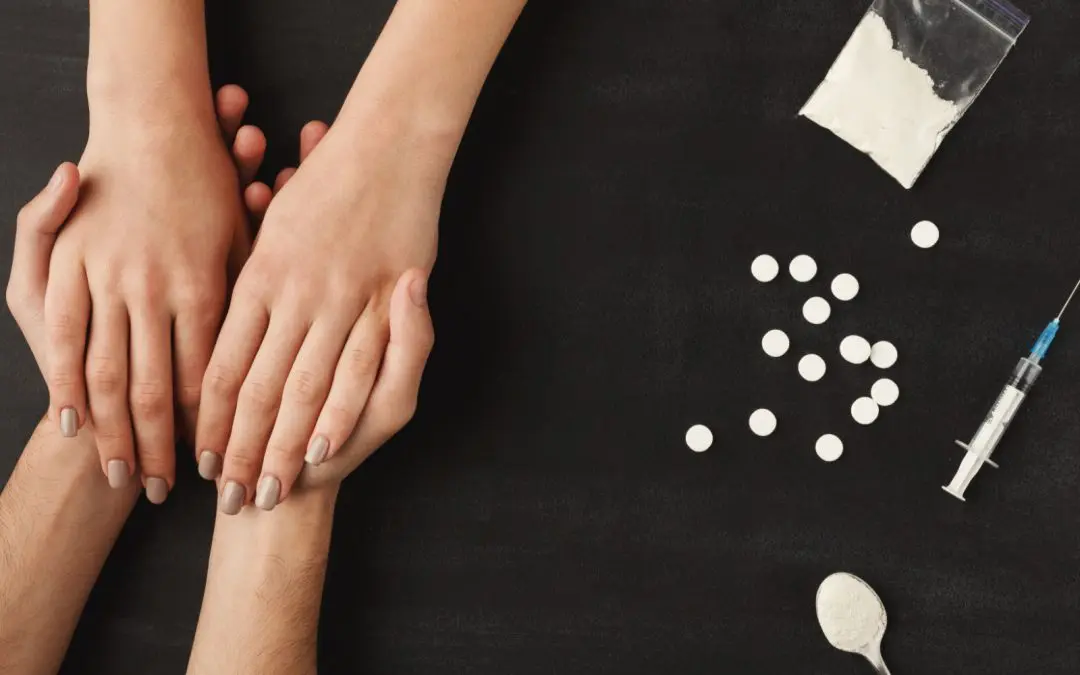24/7 Helpline:
(866) 899-111424/7 Helpline:
(866) 899-1114
Learn more about Ecstasy Rehab centers in Lake Placid

Other Insurance Options

United Health Care

MHNNet Behavioral Health

Coventry Health Care

Horizon Healthcare Service

MVP Healthcare

Multiplan

CareSource

Absolute Total Care

Premera

Aetna

Covered California

Carleon

ComPsych

Magellan

Group Health Incorporated

Health Partners

PHCS Network

Highmark

Optum

Optima

Saint Josephs Addiction Treatment
Saint Josephs Addiction Treatment - River Road offers outpatient treatment for individuals with alco...





Next Generation Village Teen Drug and Alcohol Rehab
Next Generation Village offers a full continuum of care for youth, ages 13-17, who are struggling wi...

Tri County Human Services
Tri-County Human Services is a 55-bed residential facility for adults with co-occurring substance ab...

Tikvah Lake Recovery
Tikvah Lake Recovery is an extremely personalized six bed residential addiction treatment center. Ti...





























Tri County Human Services
Tri County Human Services, located in Sebring, Florida, offers behavioral health services to individ...

Peace River Center
Peace River Center is a non-profit rehab located in Sebring, Florida. Peace River Center specializes...

TheraCard
TheraCard is a private rehab located in Sebring, Florida. TheraCard specializes in the treatment of ...

Solutions Counseling Center Hypnotherapy
Solutions Counseling Center Hypnotherapy is a private rehab located in Sebring, Ohio. Solutions Coun...

Turning Point Counseling Services
Turning Point Counseling Services specializes in the highest quality behavioral health care and subs...





























